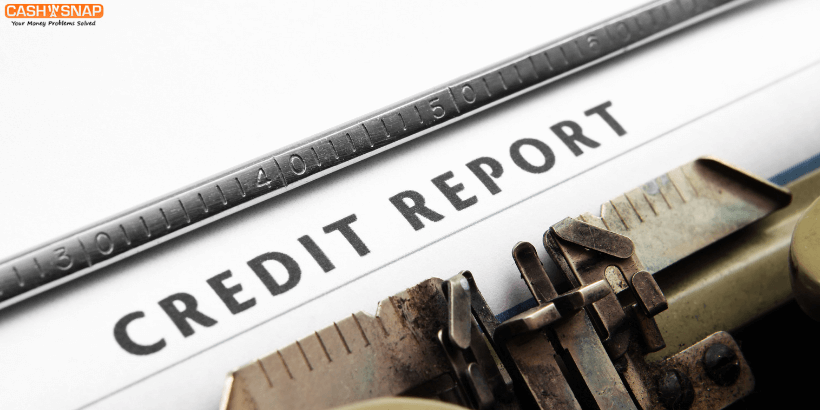A creditor may list your account as a “charge-off” after you have missed payments for several months. A charge-off generally means the creditor has lost hope that you will pay back the amount you owed and document this loss as bad debt. Also, they will close your account and transfer it to a debt buyer or collection agency. You are still responsible for paying back the outstanding debts even though your account is charged-off and your creditor reports it as a loss.

How Much Does a Charge-Off Affect Your Credit Score?
A charge-off can significantly damage your credit score. However, the percentage of damage is unpredictable, as it may vary depending on the credit reporting agencies. Generally, a single charge-off can drop 100 points from your credit score and can take 3 years or longer to recover from the damage.
How Long Does a Charge-Off Stay on Your Credit Report?
A charge-off will stay on your credit report for up to seven years from the date of the last payment you missed. The seven-year period does not restart if the debt is sold to a debt buyer or collection agency. Settling the charged-off amount won’t remove the charge-off from your credit report. Instead, the status is changed from “charge-off” to “charge-off paid” and will remain on your report for seven years.
How Do You Remove a Charge-Off From Your Credit Report?
The effective way to remove a charge-off from your credit report is to contact your creditor and request them to remove it after you pay off the debts. Before you contact the creditor, determine the amount you can pay as soon as possible. There will be no problems if you can pay the full amount. Otherwise, you should ask if they are willing to arrange for payments.
Remember that third-party collection agencies cannot remove charge-offs from your report. You must speak to the original creditor about removal. Get the agreement in writing if they agree to remove it from your report.
How Do You Avoid Charge-Offs?
Charge-offs occur when a lender writes off a debt as uncollectible, which can significantly negatively affect your credit score and financial well-being. If you want to avoid charge-offs, you can take the following steps:
Make Timely Payments
The most critical factor in avoiding charge-offs is to pay your bills on time. Late payments can quickly add up, and your lender may eventually write off your debt as uncollectible.
Create a Budget
Creating and sticking to a budget can help you avoid overspending and ensure you have enough money to cover your monthly bills. Consider working with a financial planner if you're having trouble creating a budget.
Communicate with Your Lender
If you're having trouble making payments, it's essential to communicate with your lender as soon as possible. They may work with you to create a payment plan or other arrangement to help you avoid a charge-off.
Set Up Automatic Payments
Setting up automatic payments can ensure that your bills are paid on time each month, and it can also help you avoid the temptation to spend money on something else.
Monitor Your Credit Report
Keeping an eye on your credit report can help you catch any errors or issues early on. If you notice a discrepancy or an account in danger of being charged off, you can address it before it's too late.
Consider Debt Consolidation
If you have multiple debts with high-interest rates, consolidating them into a single loan can help you save money and make it easier to manage your payments.
Seek Professional Help
If you're struggling with debt and can't get ahead, it may be time to seek the help of a financial professional. They can advise on debt management, credit counseling, and other strategies to help you get back on track.
Final Thoughts!
A charge-off can significantly damage your credit report and take years to recover. However, by understanding the impact of charge-offs and improving your credit habits, you can take control of your financial future and build a better credit score. Contact CashinaSnap to pay your debts even with a bad credit score.


